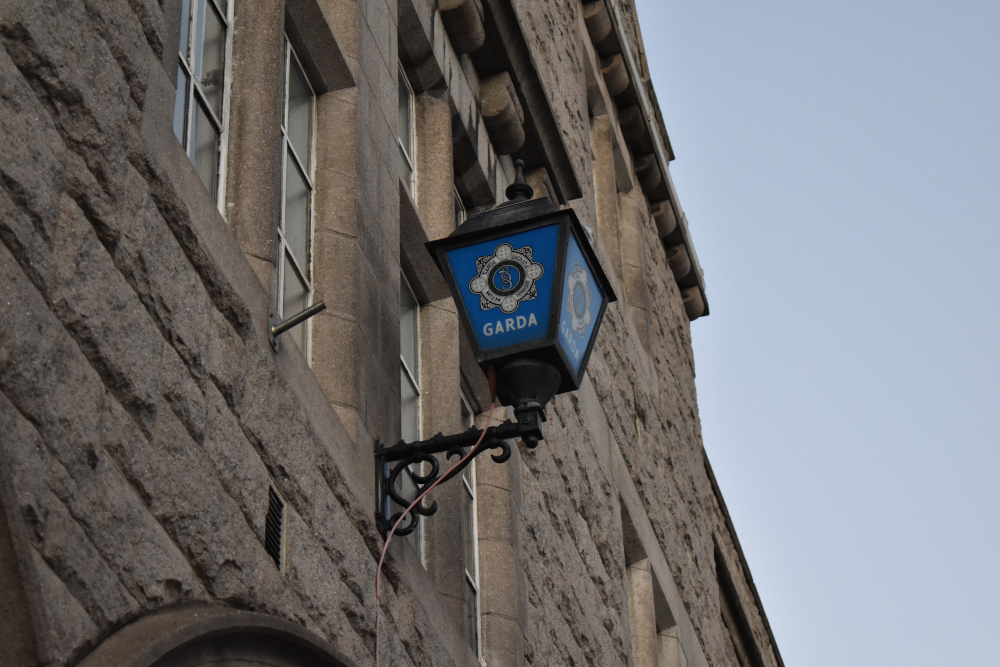Emergency legislation to give non-prosecuting gardaí right of audience in District Court

Emergency legislation is to be brought forward by ministers to provide for a continued legal basis for gardaí to present cases in the District Court on behalf of their colleagues.
The move comes after the High Court ruled last week that members of An Garda Síochána only have a right of audience before the District Court where they have initiated and conducted the prosecution of the accused.
Ms Justice Marguerite Bolger held that Order 6 Rule 1 of the District Court Rules was ultra vires insofar as it purported to grant rights of audience to non-prosecuting gardaí, which was contrary to the meaning of section 8 of the Garda Síochána Act 2005.
The final orders in the case will not be made until 16 June 2022, by which time the government hopes to have the new bill passed by the Oireachtas. However, the decision to pursue emergency legislation has been criticised by some criminal lawyers.
The emergency legislation announced by ministers yesterday will amend the 2005 Act to clearly establish a right for any member of An Garda Síochána to conduct a prosecution, whether or not that member initiated the prosecution.
Justice minister Helen McEntee said: “The system of Garda court presenters is a well-established one, enabling more efficient use of police resources by reducing the need for individual gardaí to attend court to prosecute every criminal offence they detect.
“If remedial legislation is not put in place to allow for the continued use of court presenters, it is expected there would be significant disruption to the operation of the District Courts throughout the country and significant costs involved in putting in place alternative arrangements.
“I hope that the Bill can pass through all stages in the Oireachtas by June 16th.”
David Byrnes, a barrister based in Dublin, said in a LinkedIn post that the government’s announcement showed a “flagrant disregard for the reasoned recommendations made by the Commission on the Future of Policing in Ireland and the Programme for Government”.
He added: “The concept of a justice minister preferring that gardai prosecute cases, despite acceptance of the serious issues identified by the Commission, and despite hundreds of highly trained barristers working under protest on the basis of a grossly underfunded legal aid system (and who could competently prosecute all cases in the District Court) is nothing short of a dysfunctional criminal justice system in my view.”








